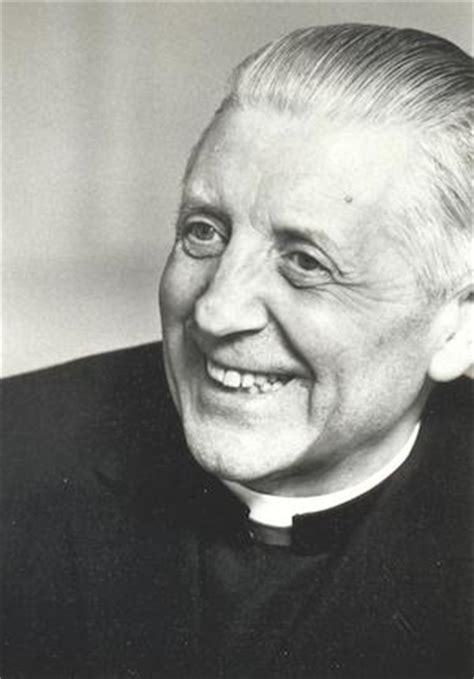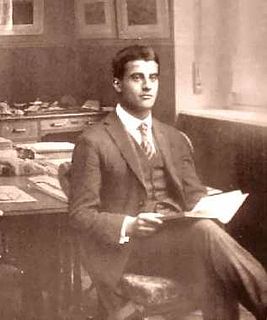A Quote by Richard Rolle
The commandment of God is, that we love Our Lord in all our heart, in all our soul, in all our thought. In all our heart; that is, in all our understanding without erring. In all our soul; that is, in all our will without gainsaying. In all our their ought; that is, that we think on Him without forgetting. In this manner is very love and true, that is work of man's will. For love is a willful stirring of our thoughts unto God, so that it receive nothing that is against the love of Jesus Christ, and therewith that it be lasting in sweetness of devotion; and that is the perfection of this life.
Quote Topics
Related Quotes
The first great commandment was to love the Lord our God with all our hearts, might, mind and strength; and the second was like unto it, to love our neighbor as ourselves. And the best way in the world to show our love for our neighbor is to go forth and proclaim the gospel of the Lord Jesus Christ, of which He has given us an absolute knowledge concerning its divinity.
Our friends should be our incentives to right, but not only our guiding, but our prophetic, stars. To love by right is much, to love by faith is more; both are the entire love, without which heart, mind, and soul cannot be alike satisfied. We love and ought to love one another, not merely for the absolute worth of each, but on account of a mutual fitness of temporary character.
Prayer is the converse of the soul with God. Therein we manifest or express to Him our reverence, and love for His divine perfection, our gratitude for all His mercies, our penitence for our sins, our hope in His forgiving love, our submission to His authority, our confidence in His care, our desires for His favour, and for the providential and spiritual blessings needed for ourselves and others.
Each of you knows that the foundation of our faith is charity. Without it, our religion would crumble. We will never be truly Catholic unless we conform our entire lives to the two commandments that are the essence of the Catholic faith: to love the Lord, our God, with all our strength, and to love our neighbor as ourselves.
All true obedience comes from the heart. It was heart work with Christ. And if we consent, He will so identify Himself with our thoughts and aims, so blend our hearts and minds into conformity to His will, that when obeying Him we shall be but carrying out our own impulses. The will, refined and sanctified, will find its highest delight in doing His service. When we know God as it is our privilege to know Him, our life will be a life of continual obedience. Through an appreciation of the character of Christ, through communion with God, sin will become hateful to us.
Love is the only force that can erase the differences between people, that can heal relationships shattered by bitterness....I f the world is to be improved, the process of love must make a change in the hearts of men. It can do so when we look beyond self to give our love to God and others, and do so with all our heart, with all our soul, and with all our mind.
Man depends on God for all things: God depends on man for one. Without man's love God does not exist as God, only as creator, and love is the one thing no one, not even God himself, can command. It is a free gift or it is nothing. And it is most itself, most free, when it is offered in spite of suffering, of injustice, and of death . . . The justification of the injustice of the universe is not our blind acceptance of God's inexplicable will, nor our trust in God's love, his dark and incomprehensible love, for us, but our human love, notwithstanding anything, for him.
Lord, for the erring thought
Not unto evil wrought:
Lord, for the wicked will
Betrayed, and baffled still:
For the heart from itself kept,
Our thanksgiving accept.
For ignorant hopes that were
Broken to our blind prayer:
For pain, death, sorrow, sent
Unto our chastisement:
For all loss of seeming good,
Quicken our gratitude.
Our willingness to repent shows our gratitude for God's gift and for the Savior's love and sacrifice on our behalf. Commandments and priesthood covenants provide a test of faith, obedience, and love for God and Jesus Christ, but even more importantly, they offer an opportunity to experience love from God and to receive a full measure of joy both in this life and in the life to come.




































